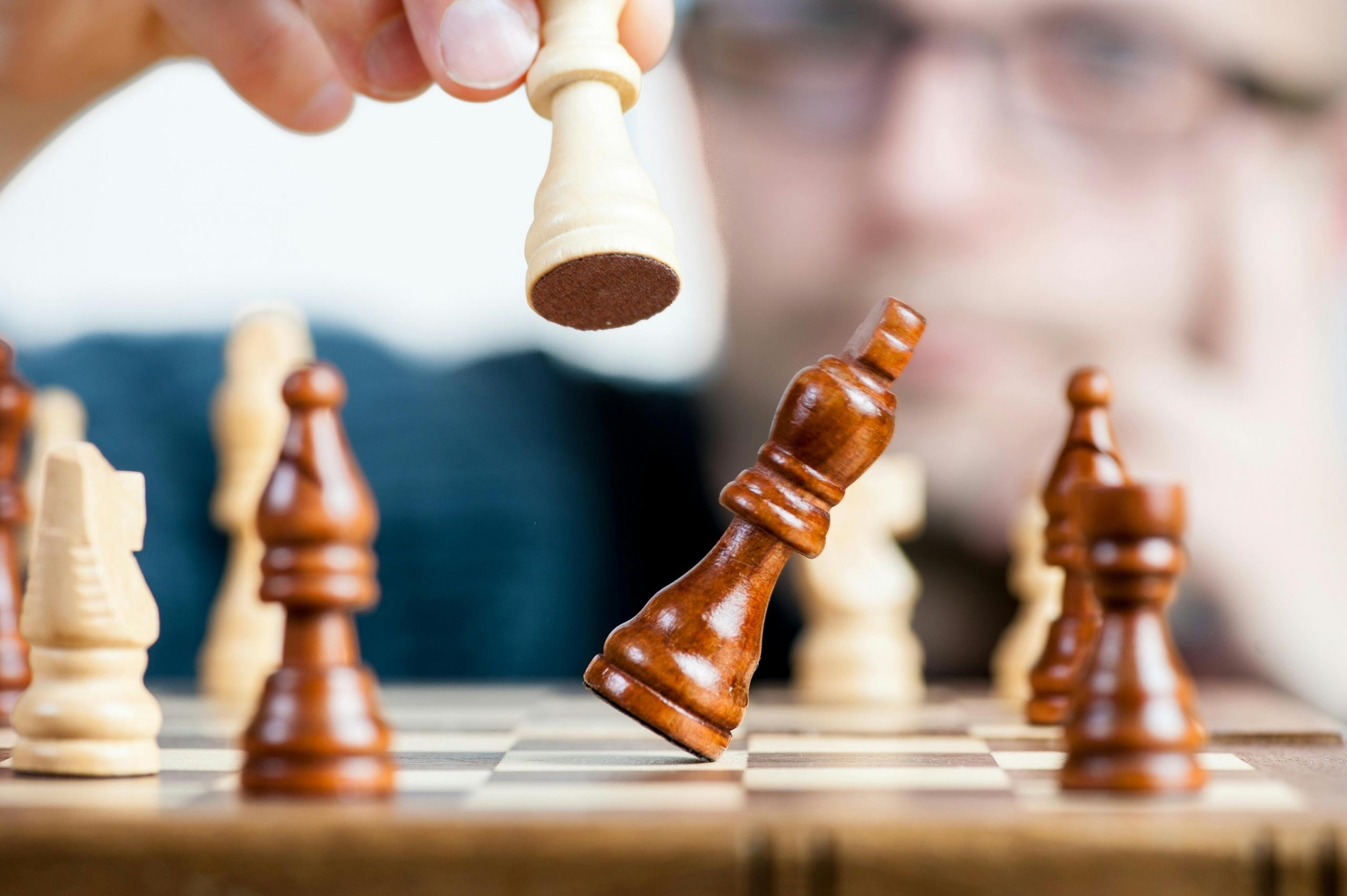Life is like a game of chess, changing with each move.
Chinese proverb
Chess is a game that has mystified and intrigued people for many years. Many young people start learning chess because they love gaming, have a family member that plays, or want to be part of a chess-playing community.
But once you know the basics, how do you improve the way you play the game? How do you become a more strategic player?
If these questions have crossed your mind at one point, you are reading the right article. Let’s learn some approaches that will make you more competitive when it’s time to play.
Learning chess is fun, rewarding, and complex. A good starting point for learning chess is understanding each piece and their move.

How to Get Good at Chess: 8 Steps
1. Start by Reviewing and Learning Chess Skills Independently
Learning chess on your own can be lonely, but it is a budget-friendly and easy way to build a foundation for your chess playing journey.
While it may seem obvious, make sure you have a firm understanding of the rules of chess. How does each piece move? What is the objective of the game? What are the basic rules (castling, en passant, and pawn promotion)?
Are you deeply familiar with essential tactics like forks, pins, skewers, and discovered attacks?
Sometimes reviewing the essentials will help you to see things in new ways - especially if you select from a variety of learning resources:
- Youtube Videos
- Explainers
- Infographics
- Illustrated texts
With a solid refresher of the rules of chess and its basic tactics, you will be much better equipped to understand more advanced content about the game.
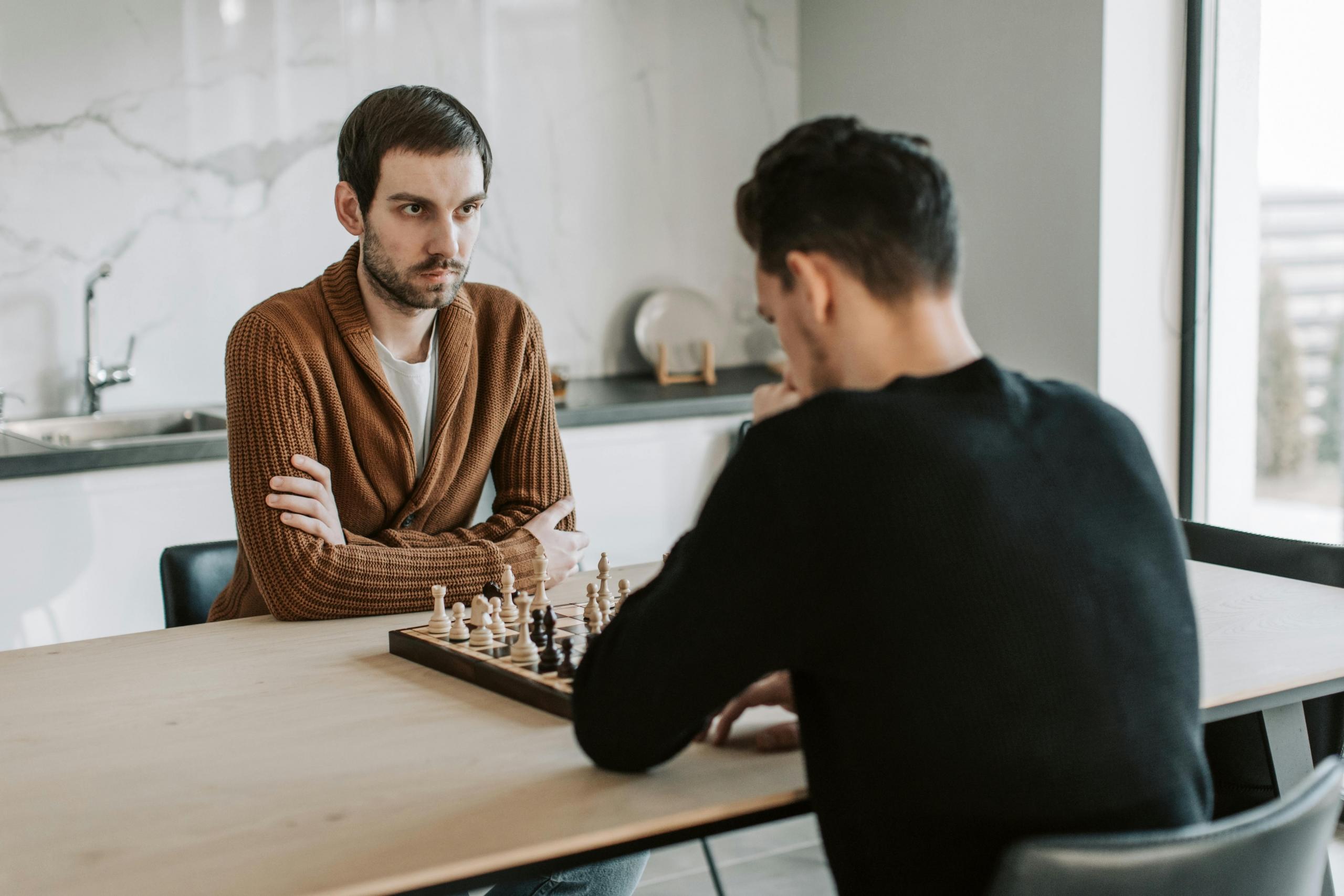
2. Learn Chess by Getting Lots of Playing Practice
Playing and practicing chess is an easy and fun way to get better at it. Like any game, you become better the more you work at it, and take opportunities to try new moves.
Play in low-risk environments, such as with clubs, family members, or friends that you enjoy. Of course, balance fun with some healthy competition: play with others that have equal or similar skill, or even players who are better than you so you can learn from them.
Always remember to learn from your mistakes - reflecting on a lost game can be much more productive than celebrating an easy win!
3. Understand Openings
What are “openings” in chess? Openings are the initial stage of a chess game, or common sequences of moves that have been widely studied by chess professionals and enthusiasts.
While some chess guides may convince you that you don’t need to memorize chess openings right away, more experienced players may find it useful and fascinating to know more about them and how they impact the trajectory of a game.
Choose a few openings for both white and black to learn and test out. Memorize them, and understand the most common middlegame positions that may ensue.
Some openings include:
- Ruy Lopez
- Italian Game
- Caro-Kann Defense
- Pirc Defence
- English Opening
There are a lot of openings out there - so start small and grow from there! Have fun trying them out, whether it is with a chess club or a family member.
If you have just started playing chess, it is likely that you are eager to learn more about how you can improve your play. Find out more about the most commonly used chess tactics.
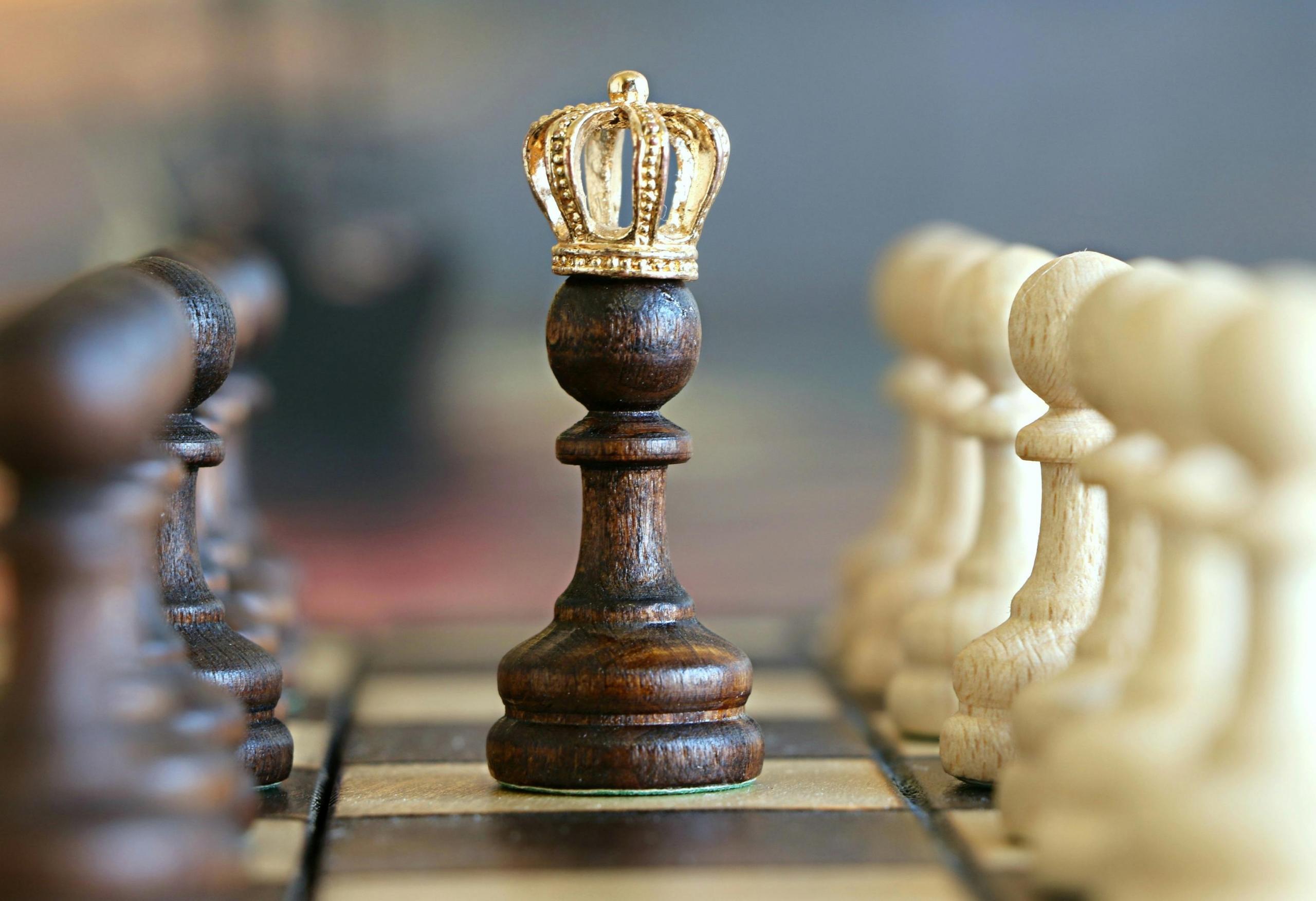
4. Develop Your Middlegame
Just as it is important to think and plan your openings, understanding how to develop your middlegame is key. As you transition from the opening phase, strategic planning, piece coordination, and tactical awareness is critical.
Make sure all of your pieces are active and positioned well: place your rooks on open or semi-open files, and your knights on strong outposts. Your King should also be safe: start castling early. Maintain a pawn shield around your king.
Aim to control the central squares with your pawns and pieces. When you have strong central control, your pieces have more mobility and influence. Finally, always be on the lookout for tactical opportunities, ensuring that each move you make responds to your opponent’s threats
5. Focus on Planning Strategically
When you play chess, try to identify the weaknesses of your opponent. Are there isolated pawns? Backward pawns? Weak squares? Exploit their weaknesses, while always aiming to minimize your own. Pay attention to the structure of your pawns. Avoid having doubled, isolated, or backward pawns, and take every opportunity to create a favourable structure.
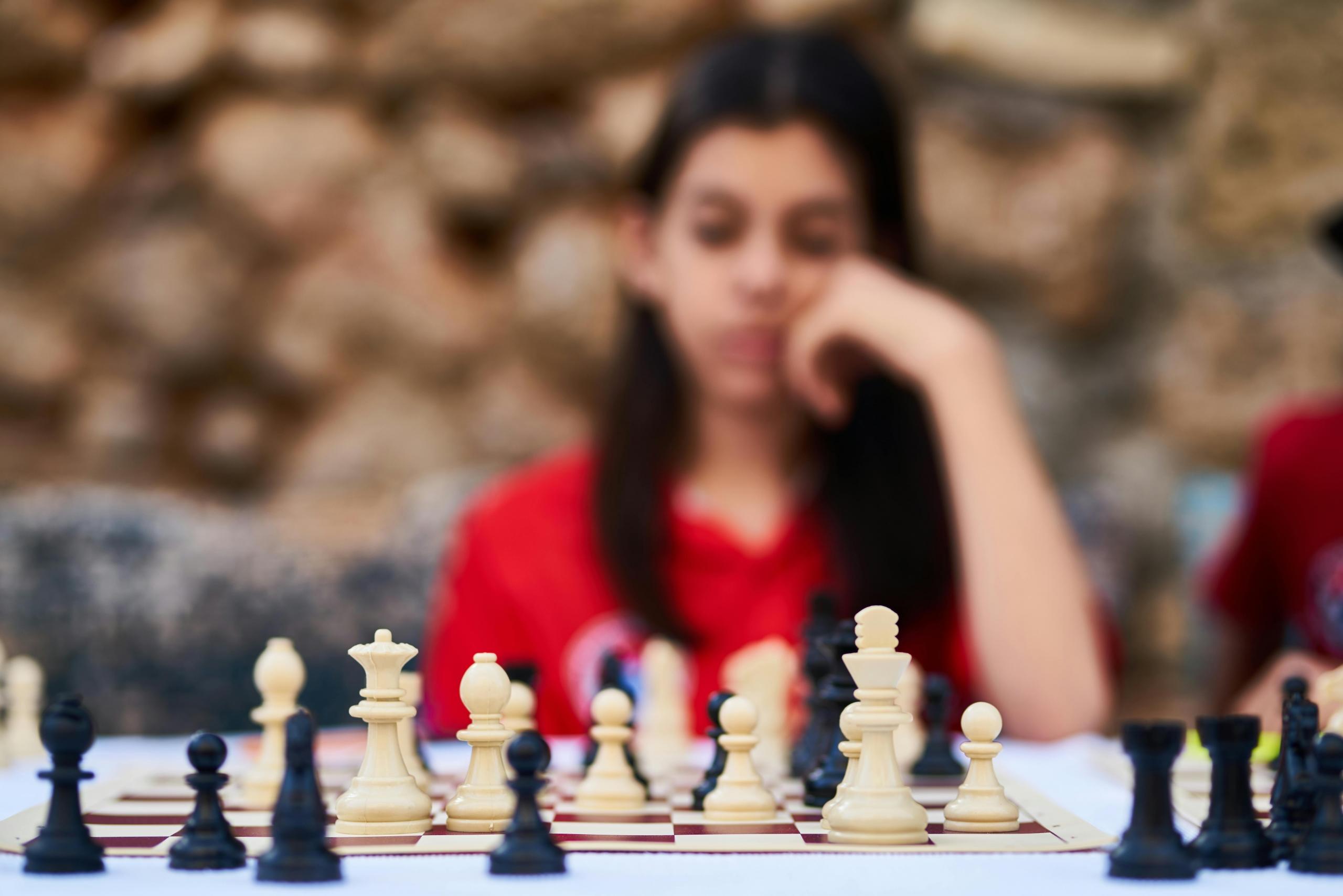
6. Watch for Blunders
Blunders are major mistakes that result in significant losses in chess. Blunders typically occur due to oversight, a lapse in concentration, or miscalculation. Avoid leaving pieces unprotected (hanging pieces), or placing a piece where it can be captured by an opponent’s piece without compensation (piece en prise).
Make sure you are not making moves that weaken your King’s position, and keep an eye out for combinations of moves your opponent is using to build an advantage. Be aware of your pawn structure, and develop your pieces in the opening game to avoid a cramped or passive position.
Don’t let time get to you - sometimes the pressure of time can lead to “blitzing moves”, or playing too quickly. If you feel like you are making panic moves and are not making proper calculation or consideration, take a deep breath and a few extra seconds to get yourself together.
Chess is a game that continues to capture the interest of people from all walks of life. When getting started in chess, it is important to learn the game, its terminology, and some basic tips to play.
7. Master the Endgame
Of course, you will need to understand the fundamentals of endgames. The endgame is the phase of chess that occurs after most of the piece have been exchanged. There is a focus on promoting pawns, using the king actively, and achieving checkmate or a draw. Some of the most common endgames are:
- King and Pawn vs. King: promote a pawn with the support of the king, and prevent the opponent from doing the same.
- King and Rook vs. King: force a checkmate with a king and rook against a king.
- King and Queen vs. King: understand how to use the king and queen to force checkmate on a lone king.
- Rook endgame: Lucena and Philidor positions demonstrate how to win with a common rook.
- Minor Piece endgames: coordinate Knight and Bishop for effective play, including checkmating with a knight and bishop against a lone king.
By studying key endgames, you will improve your chess skills and have better overall performance when playing.
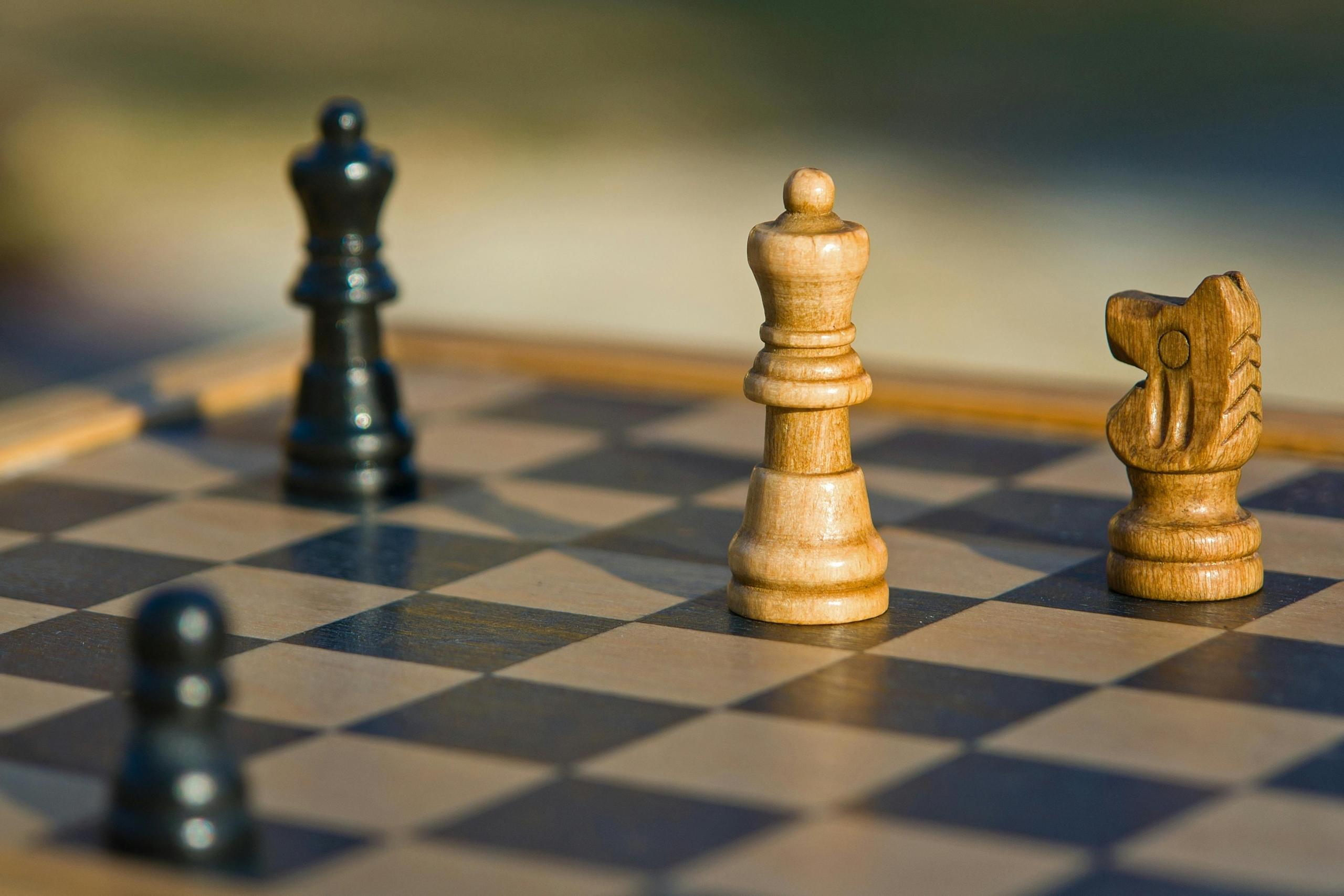
8. Analyze Games and Learn from Losses
Learning from previous games and analyzing your losses is a highly effective way to enhance your chess game. Think critically about your blunders, mistakes, and missed opportunities, even if it hurts after a big loss!
You can also look at chess puzzles to become better at identifying tactical strategies and winning endgames. There are numerous book resources, not to mention all that the virtual world has to offer. These resources usually have chess boards already set up in different phases of the game, with problem solving prompts.
While the chessboard may seem rather straightforward - we can all picture the simplicity of black and white checkered squares - there are actually many elements that go into chessboard setup.
What are Some Other Ways I can Improve my Chess Game?
If you feel like you have exhausted all of your resources and want to try something new, consider hiring a chess mentor or tutor.
A chess tutor can help you improve in all areas of your chess game, or help you learn chess if you are a beginner students. For parents, a private chess instructor or tutor is perfect for an up and coming chess player!
When looking for a tutor, be sure to find someone who is a more advanced player than you are. Ask questions, connect with them over a call, or even do a trial session to see if they are a good match for you.
People that aspire to play chess are following in the footsteps of giants. And while chess is is a game that has entertained some of the most brilliant minds in the world, it is also a game that children, can play. Find out how you can get started as a beginner.
Where Can I Find a Private Chess Game Tutor?
To find a chess tutor, look no further than Superprof Canada. Superprof has tutors that work in a range of areas, including games like chess. They can work with you to improve whatever area of your game needs work, from chess tactics to openings or middlegame moves, or start from the beginning in terms of teaching the rules of chess.
Use the search tool on the Superprof site to explore the options in your area. If the tutor you want is located outside of your region, consider working with them virtually. You will find that it is an easy and cost efficient way to improve your chess game.
Summarize with AI:

